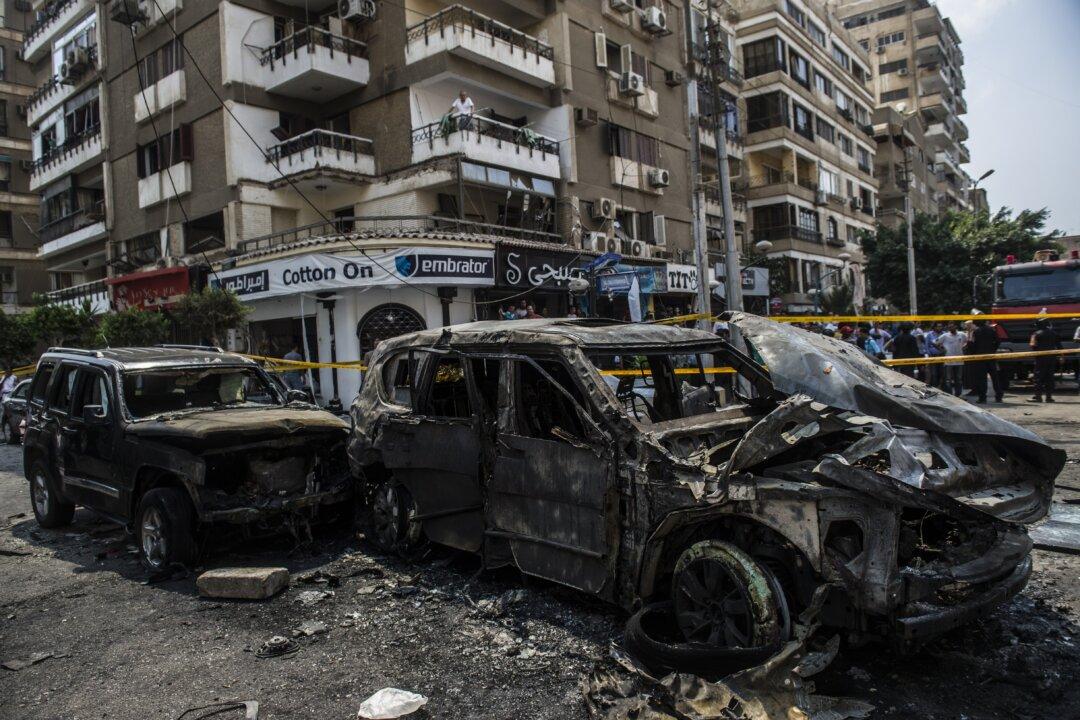Terrorists are in it as much for the loot as for the ideology.
The Islamic State, or ISIS, could hardly exist, whatever its Islamist fervor, without hard cash from sales of pilfered petroleum, taxes on its subject population, and kidnappings for ransom.
Likewise ISIS- and al-Qaida-linked groups in Africa prosper by trafficking drugs across the Sahara and by offering “protection” to smugglers who have long been trading illicit goods throughout the continent. Although Westerners tend to think of these groups as driven by ideology, new recruits may be more attracted by opportunities to make money.
Terror is big business, especially in the weak and fragile parts of the world.
